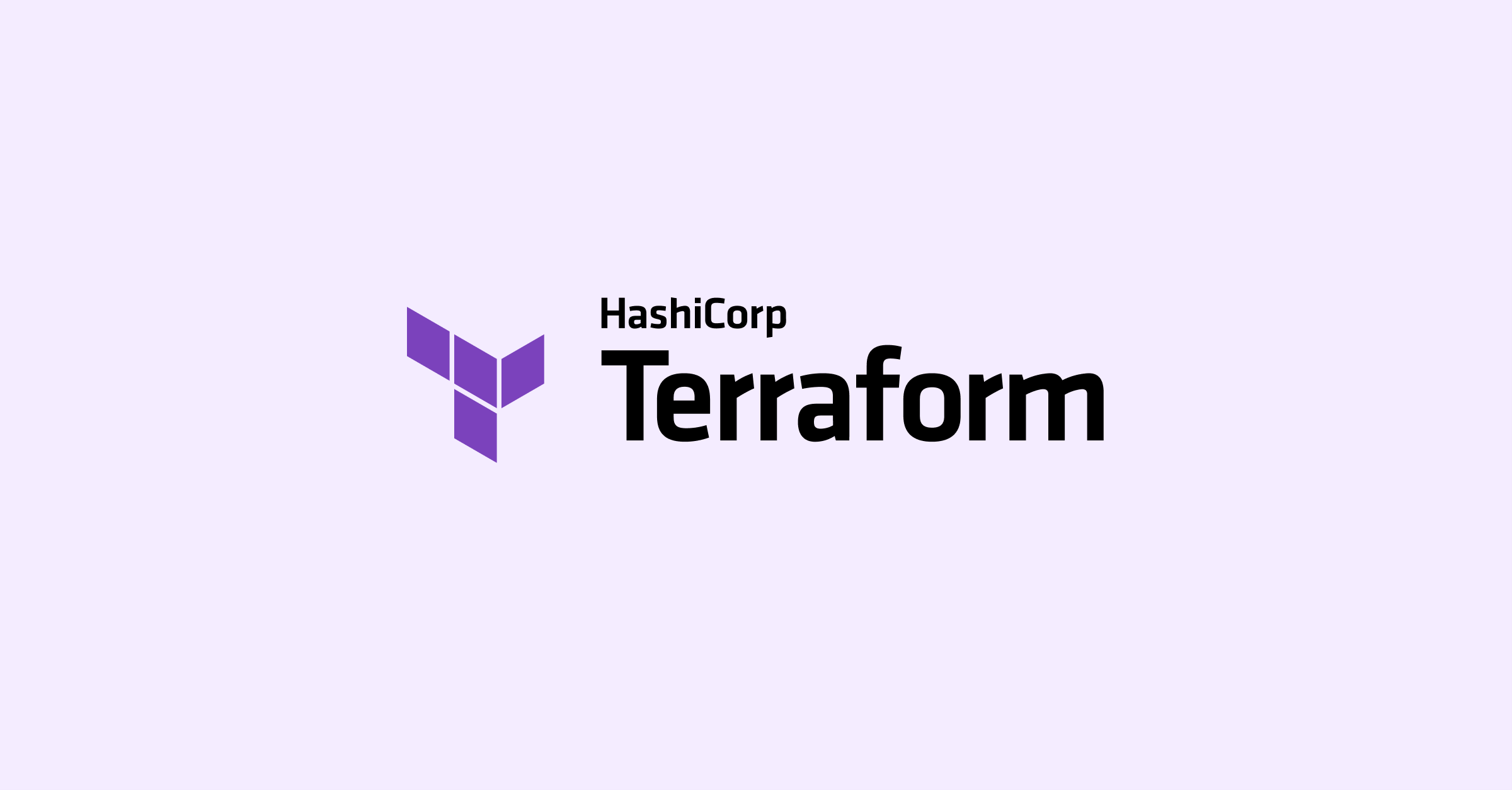Bridging the Gap: Modern Infrastructure Management in the Age of Automation
November 20, 2024, 4:48 am

Location: United States, Washington, Seattle
Employees: 11-50
Founded date: 2017
Total raised: $93.5M
In the fast-paced world of technology, infrastructure management is akin to navigating a complex maze. The tools and strategies we use can either lead us to the exit or trap us in endless loops. Recent developments in infrastructure orchestration highlight this journey, revealing how organizations can streamline their operations and enhance collaboration among teams.
On November 19, 2024, the Okko Tech Team hosted a meetup in St. Petersburg, focusing on modern infrastructure management tools like Pulumi and Airflow. This gathering was a beacon for DevOps engineers, SREs, and system administrators. It offered a platform to share experiences and tackle real-world challenges. The event's agenda was packed with insights from industry experts, each shedding light on their unique approaches to infrastructure management.
The meetup kicked off with Alexey Romanov discussing Talos, a platform designed for Kubernetes. Talos simplifies the management of Kubernetes clusters, allowing teams to focus on what truly matters—building and deploying applications. Romanov emphasized the importance of integrating such platforms into existing workflows. This integration is not just a technical necessity; it’s a strategic advantage in today’s competitive landscape.
Next, Alexander Ushakov took the stage to discuss Pulumi. He highlighted the evolution of infrastructure as code (IaC) and why Pulumi stands out against competitors like Terraform. Pulumi allows developers to use familiar programming languages, bridging the gap between code and infrastructure. This flexibility empowers teams to innovate faster, turning ideas into reality with minimal friction.
The final presentation by Alexey Karpov focused on Airflow, a tool for orchestrating complex workflows. Karpov revealed the hidden gems of Airflow, showcasing its integration capabilities and how it supports various data pipelines. Understanding Airflow’s nuances can significantly enhance operational efficiency, making it a vital asset for any organization.
As the evening progressed, attendees engaged in networking, exchanging ideas and experiences. This interaction is crucial in the tech community, fostering collaboration and innovation. Such meetups are not just about learning; they are about building relationships that can lead to future partnerships and projects.
In parallel, Spacelift announced significant updates to its platform, enhancing support for Ansible. This move addresses the operational challenges many teams face when managing Ansible playbooks. Traditionally, Ansible and IaC tools like Terraform operated in silos, creating inefficiencies. Spacelift’s updates aim to unite these workflows, providing a seamless experience for developers.
The enhancements include automated playbook execution, inventory visibility, and integrated workflows. This means teams can now manage their infrastructure from a single platform, reducing complexity and increasing transparency. The ability to audit playbook runs and gain insights into their execution is a game-changer. It allows teams to troubleshoot issues quickly, ensuring that operations run smoothly.
Spacelift’s approach is a testament to the growing need for cohesive infrastructure management solutions. As organizations scale, the complexity of their environments increases. The ability to manage provisioning and configuration in one place is not just a convenience; it’s a necessity. This integration empowers teams to maintain control while accelerating their development cycles.
The synergy between tools like Pulumi, Airflow, and Spacelift illustrates a broader trend in the industry. Organizations are moving towards more integrated solutions that simplify workflows and enhance collaboration. This shift is crucial as businesses strive to remain agile in a rapidly changing landscape.
Moreover, the emphasis on developer self-service is reshaping how teams operate. By allowing developers to manage their infrastructure needs, organizations can reduce bottlenecks and empower their teams. This autonomy fosters innovation, enabling developers to experiment and iterate without waiting for approvals.
As we look to the future, the importance of community and knowledge sharing cannot be overstated. Events like the Okko Tech Team meetup play a vital role in this ecosystem. They provide a space for professionals to connect, learn, and grow together. The insights gained from these gatherings can spark new ideas and drive progress within organizations.
In conclusion, the landscape of infrastructure management is evolving. Tools like Talos, Pulumi, Airflow, and Spacelift are at the forefront of this transformation. They offer solutions that not only address current challenges but also pave the way for future innovations. As organizations embrace these technologies, they will find themselves better equipped to navigate the complexities of modern infrastructure. The maze may be intricate, but with the right tools and collaboration, the exit is within reach.
On November 19, 2024, the Okko Tech Team hosted a meetup in St. Petersburg, focusing on modern infrastructure management tools like Pulumi and Airflow. This gathering was a beacon for DevOps engineers, SREs, and system administrators. It offered a platform to share experiences and tackle real-world challenges. The event's agenda was packed with insights from industry experts, each shedding light on their unique approaches to infrastructure management.
The meetup kicked off with Alexey Romanov discussing Talos, a platform designed for Kubernetes. Talos simplifies the management of Kubernetes clusters, allowing teams to focus on what truly matters—building and deploying applications. Romanov emphasized the importance of integrating such platforms into existing workflows. This integration is not just a technical necessity; it’s a strategic advantage in today’s competitive landscape.
Next, Alexander Ushakov took the stage to discuss Pulumi. He highlighted the evolution of infrastructure as code (IaC) and why Pulumi stands out against competitors like Terraform. Pulumi allows developers to use familiar programming languages, bridging the gap between code and infrastructure. This flexibility empowers teams to innovate faster, turning ideas into reality with minimal friction.
The final presentation by Alexey Karpov focused on Airflow, a tool for orchestrating complex workflows. Karpov revealed the hidden gems of Airflow, showcasing its integration capabilities and how it supports various data pipelines. Understanding Airflow’s nuances can significantly enhance operational efficiency, making it a vital asset for any organization.
As the evening progressed, attendees engaged in networking, exchanging ideas and experiences. This interaction is crucial in the tech community, fostering collaboration and innovation. Such meetups are not just about learning; they are about building relationships that can lead to future partnerships and projects.
In parallel, Spacelift announced significant updates to its platform, enhancing support for Ansible. This move addresses the operational challenges many teams face when managing Ansible playbooks. Traditionally, Ansible and IaC tools like Terraform operated in silos, creating inefficiencies. Spacelift’s updates aim to unite these workflows, providing a seamless experience for developers.
The enhancements include automated playbook execution, inventory visibility, and integrated workflows. This means teams can now manage their infrastructure from a single platform, reducing complexity and increasing transparency. The ability to audit playbook runs and gain insights into their execution is a game-changer. It allows teams to troubleshoot issues quickly, ensuring that operations run smoothly.
Spacelift’s approach is a testament to the growing need for cohesive infrastructure management solutions. As organizations scale, the complexity of their environments increases. The ability to manage provisioning and configuration in one place is not just a convenience; it’s a necessity. This integration empowers teams to maintain control while accelerating their development cycles.
The synergy between tools like Pulumi, Airflow, and Spacelift illustrates a broader trend in the industry. Organizations are moving towards more integrated solutions that simplify workflows and enhance collaboration. This shift is crucial as businesses strive to remain agile in a rapidly changing landscape.
Moreover, the emphasis on developer self-service is reshaping how teams operate. By allowing developers to manage their infrastructure needs, organizations can reduce bottlenecks and empower their teams. This autonomy fosters innovation, enabling developers to experiment and iterate without waiting for approvals.
As we look to the future, the importance of community and knowledge sharing cannot be overstated. Events like the Okko Tech Team meetup play a vital role in this ecosystem. They provide a space for professionals to connect, learn, and grow together. The insights gained from these gatherings can spark new ideas and drive progress within organizations.
In conclusion, the landscape of infrastructure management is evolving. Tools like Talos, Pulumi, Airflow, and Spacelift are at the forefront of this transformation. They offer solutions that not only address current challenges but also pave the way for future innovations. As organizations embrace these technologies, they will find themselves better equipped to navigate the complexities of modern infrastructure. The maze may be intricate, but with the right tools and collaboration, the exit is within reach.
